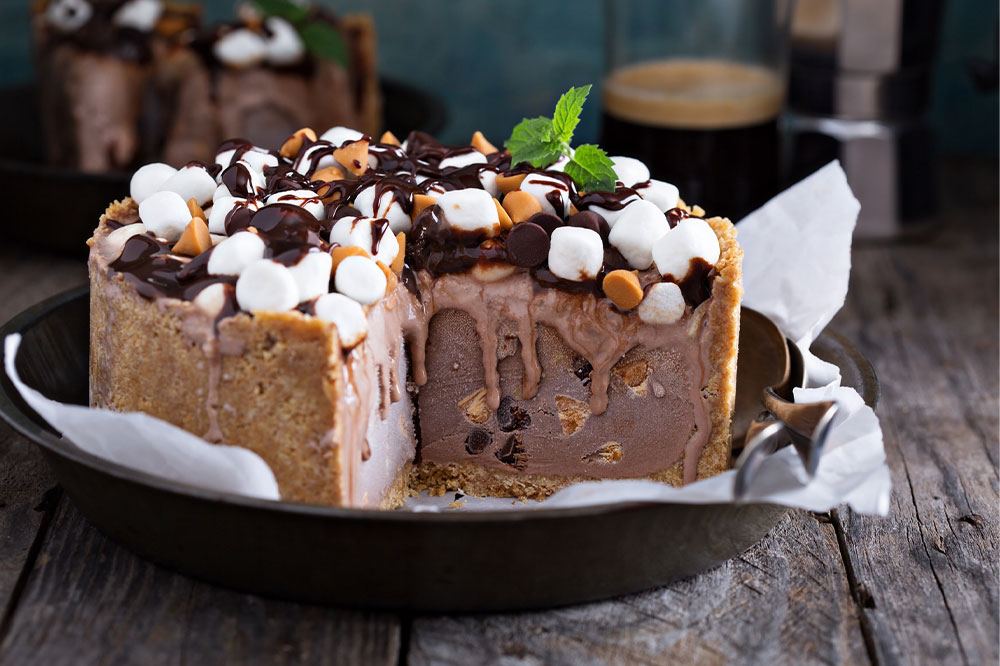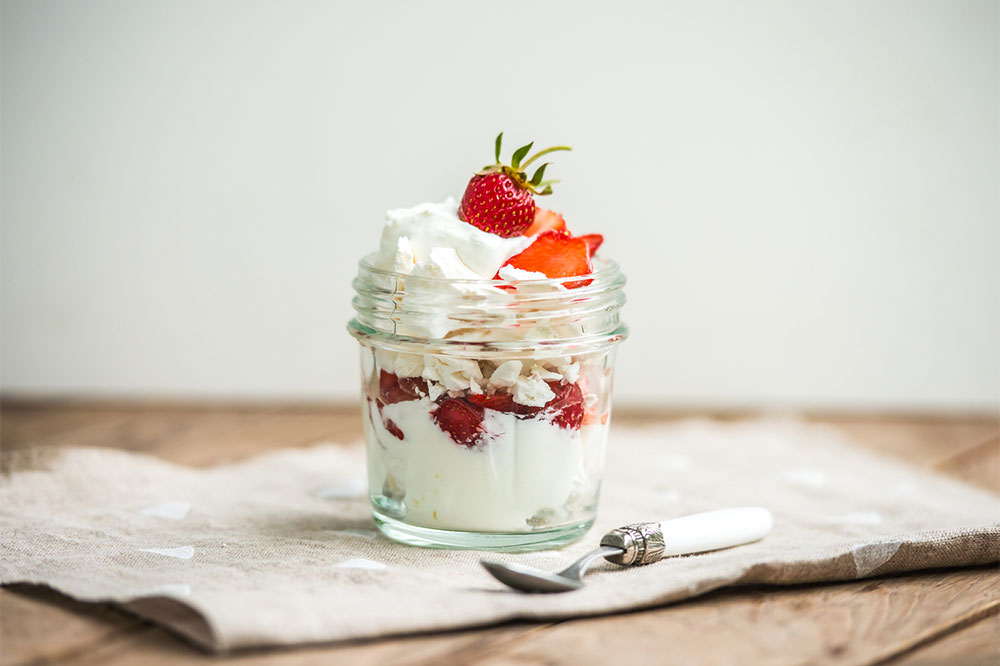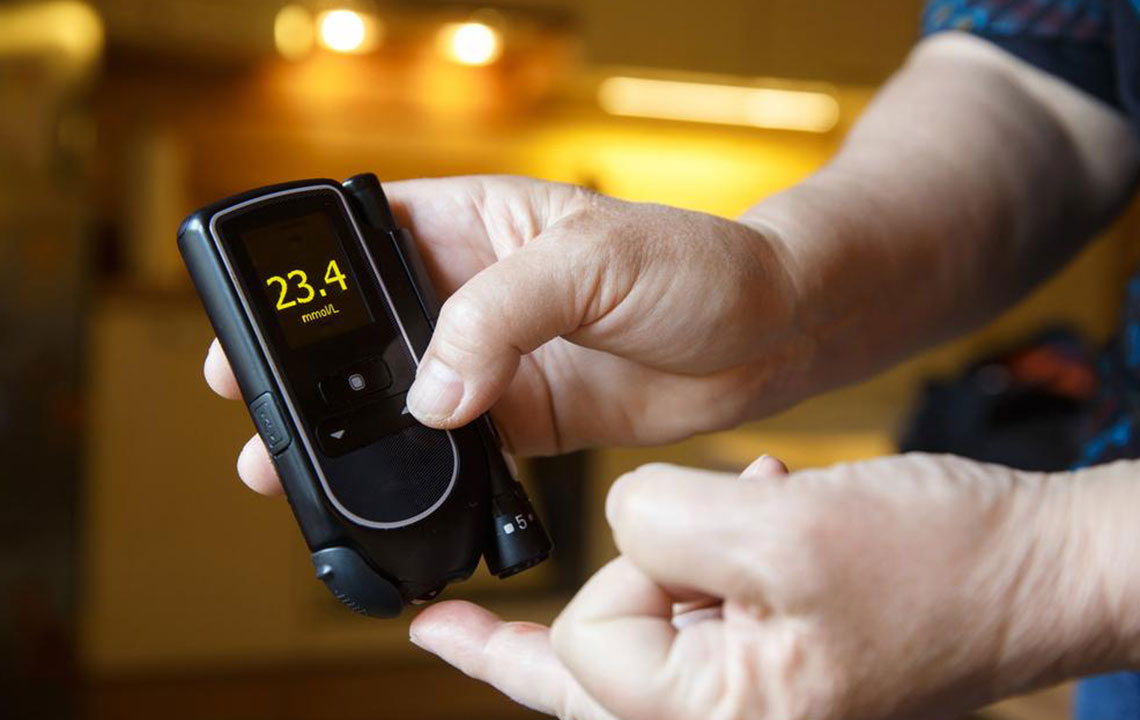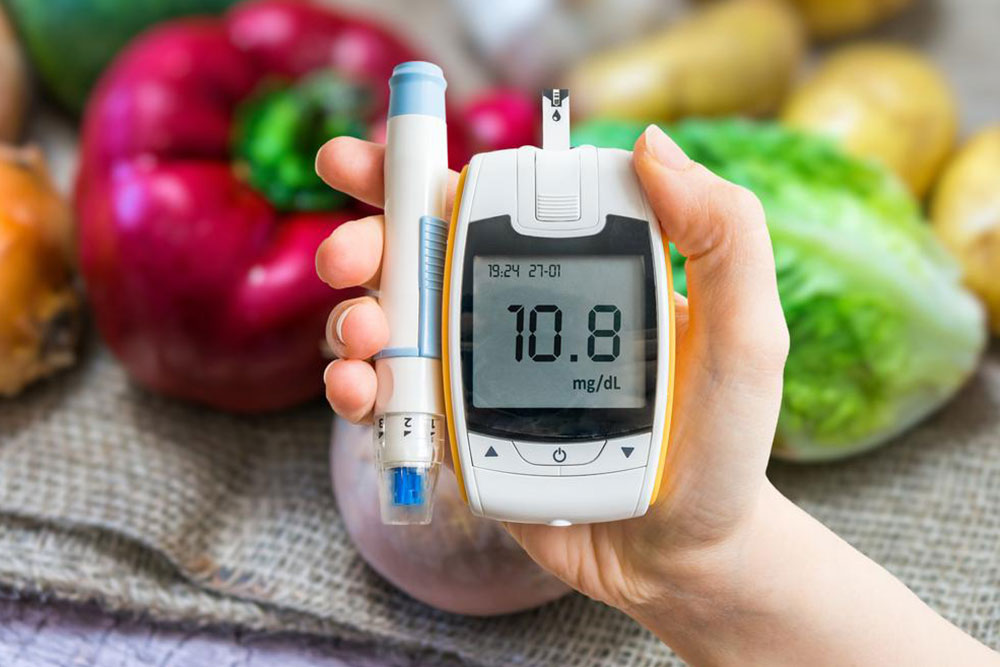Comprehensive Guide: 6 Foods Diabetics Should Avoid for Optimal Health
A comprehensive guide detailing the top six foods diabetics should avoid to maintain stable blood sugar levels and promote overall health. Learn about healthier alternatives and dietary strategies to manage diabetes effectively.

Essential Dietary Precautions: Top 6 Foods Diabetics Must Avoid
Managing diabetes effectively hinges on making informed, mindful dietary choices that support blood sugar stability and overall health. Patients with diabetes need to be vigilant about the foods they consume, as some can trigger dangerous spikes in blood glucose levels, potentially leading to severe health complications such as cardiovascular disease, kidney dysfunction, nerve damage, and vision impairment. To assist diabetics in maintaining optimal health, this guide delves into the six most common dietary culprits they should minimize or eliminate from their daily intake.
1. Pastries, Cakes, and Baked Goods
Pastries, cakes, cookies, and various baked treats are infamous for being high in refined sugars and simple carbohydrates. These foods provide minimal nutritional value while delivering concentrated doses of sugar that can cause rapid increases in blood sugar levels. Regular consumption can also result in unintended weight gain and elevate the risk of heart disease. Sweet baked goods often contain unhealthy fats, trans fats, and additives that further compromise health. Instead, diabetics should opt for healthier sugar substitutes and baked options made with whole grains and natural sweeteners, which are gentler on blood glucose management.
2. Dried Fruits Like Raisins and Dried Apricots
While dried fruits might seem like a healthy snack option, they are concentrated sources of sugars due to their dehydration process. Raisins, dates, and dried apricots contain high levels of natural sugars and lack water content, making it easy to overconsume these calorie-dense treats. Excessive intake can lead to spikes in blood sugar levels, undermining diabetes management efforts. Fresh fruits with high fiber content, such as berries, apples, and pears, are preferable choices since they provide natural sweetness along with fiber, which helps slow glucose absorption and stabilize blood sugar.
3. White Bread, White Rice, and Refined Grain Products
Foods made from refined grains, including white bread, white rice, pasta, and certain breakfast cereals, are rapidly digested, causing quick surges in blood glucose levels. These products often lack dietary fiber and nutrients. Substituting them with whole grain alternatives like brown rice, oats, whole wheat bread, and barley can significantly improve blood sugar control, as they contain complex carbs that digest more slowly and keep glucose levels steady over time.
4. Full-Fat Dairy Products
Dairy items such as whole milk, full-fat cheese, cream, and butter are high in saturated fats, which can elevate bad cholesterol levels and impair insulin sensitivity. Diabetics should choose low-fat or fat-free dairy options to reduce the risk of cardiovascular complications and manage blood sugar more effectively. Unsweetened almond milk or skimmed milk are better options and can be incorporated into the diet without sacrificing nutritional value.
5. Fried Foods, Especially French Fries
Deep-fried foods like French fries, fried chicken, or onion rings are laden with unhealthy trans and saturated fats, calories, and oils high in omega-6 fatty acids. These foods promote inflammation, weight gain, and insulin resistance. Limited or no consumption is advised. Instead, opt for baked, grilled, or steamed alternatives that preserve flavor without adding harmful fats, promoting better glycemic control and overall health.
6. Sugary Condiments and Sauces
Many store-bought sauces, including ketchup, salad dressings, creamy dips, and barbecue sauces, contain excessive sugars, sodium, and unhealthy fats. Regular consumption can lead to increased caloric intake and unpredictable blood sugar spikes. Diabetics should limit their use of these condiments and consider making homemade versions with natural ingredients. Using herbs, spices, vinegar, lemon juice, or low-sugar dressings can enhance flavor without compromising blood sugar levels.
In conclusion, maintaining a diabetic-friendly diet requires awareness and moderation of certain high-risk foods. Prioritizing whole grains, fresh fruits and vegetables, lean proteins, and healthy fats can help diabetics keep their blood sugar levels under control, reduce the risk of complications, and improve their quality of life. Always consult with healthcare providers or registered dietitians to develop a personalized nutrition plan tailored to individual needs.





